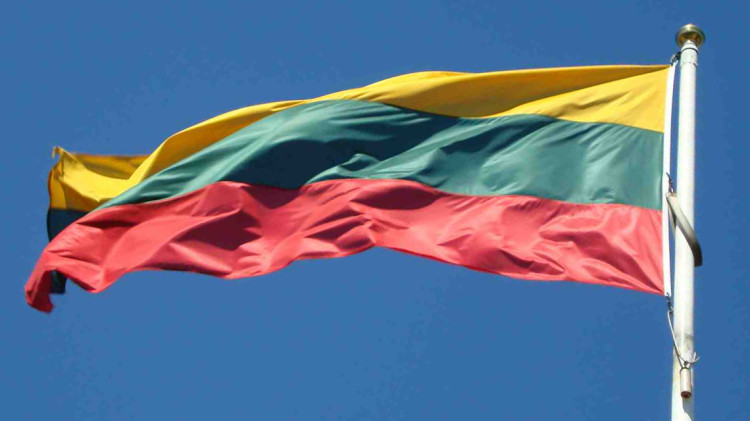An International Atomic Energy Agency (IAEA) team of experts today completed a nuclear security advisory mission in Lithuania, which was carried out at the request of the Lithuanian Government.
The scope of the two-week International Physical Protection Advisory Service (IPPAS) mission included the legislative and regulatory framework for nuclear security, the physical protection of nuclear material and facilities, transport security, the security of radioactive material, and computer security. Lithuania’s implementation of the 2005 Amendment to the Convention on the Physical Protection of Nuclear Material (CPPNM) was also included in the scope of the mission. The Amendment, ratified by Lithuania in 2009, entered into force in 2016 and provides a strengthened framework for protecting nuclear material and nuclear facilities.
The IPPAS team visited the Ignalina Nuclear Power Plant, which is being decommissioned, and facilities located on-site, such as the Spent Nuclear Fuel Storage Facility. It also visited facilities where radioactive sources are in use and storage, including the hospital of the Lithuanian University of Health Sciences in the city of Kaunas.
The team observed that the nuclear security regime in Lithuania is well established and incorporates the fundamental principles of the amended CPPNM. The team provided recommendations and suggestions to support Lithuania in enhancing and sustaining nuclear security. Good practices were identified that can serve as examples to other IAEA Member States to help strengthen their nuclear security activities.
The team, led by Nancy Fragoyannis, Senior Level Adviser for Nonproliferation and International Nuclear Security at the Nuclear Regulatory Commission (NRC) of the United States, included seven other experts from France, Hungary, Netherlands, Romania, Slovenia, the United Kingdom and the IAEA. The team met in Vilnius with officials from the State Nuclear Power Safety Inspectorate (VATESI) and the Radiation Protection Centre (RSC), as well as from the Ministry of Interior, the Ministry of National Defence, and the State Security Department.
“This is the third time that an IPPAS mission has been invited to Lithuania,” said Muhammad Khaliq, Head of the Nuclear Security of Materials and Facilities Section at the IAEA. “Lithuania’s example in applying IAEA Nuclear Security guidance and using IAEA advisory services clearly demonstrates its strong commitment to nuclear security and its enhancement.”
VATESI and RSC said the mission would help them to further enhance nuclear security in Lithuania.
“The IPPAS team gave us a comprehensive and competent external view of our system to ensure security of our nuclear facilities and activities,” said Michail Demčenko, Head of VATESI. “The recommendations and suggestions provided by the IPPAS team will help us to further maintain and enhance our regulatory framework in line with the international requirements and best practices.”
“The recommendations and suggestions will support us in the continuous improvement of the existing security system for radioactive sources, to ensure that they are securely protected during and at the end of their useful lives. This includes an effective national legislative and regulatory infrastructure, promotion of a security culture with regard to radioactive sources, and adequate education and training of regulators and operators,” said Albinas Mastauskas, Director of RSC.
Background
The mission was the 79th IPPAS mission conducted by the IAEA since the programme began in 1995. Lithuania had already hosted an IPPAS mission in 1999 and an IPPAS follow-up mission in 2002.
IPPAS missions are intended to help States strengthen their national nuclear security regime. The missions provide peer advice on implementing international instruments, along with IAEA guidance on the protection of nuclear and other radioactive material and associated facilities.
During missions a team of international experts observes a nation's system of physical protection, compares it with international good practices and makes recommendations for improvement. IPPAS missions are conducted both on a nationwide and facility-specific basis.


